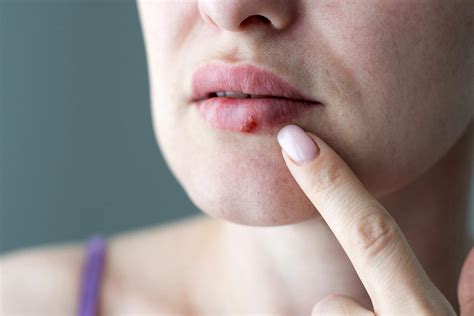5 Ways Herpes Spreads

Understanding Herpes Transmission
Herpes, a viral infection caused by the Herpes Simplex Virus (HSV), is a prevalent condition affecting millions of people worldwide. It is essential to understand how herpes spreads to prevent transmission and protect oneself and others from infection. There are two main types of herpes: HSV-1, which primarily causes oral herpes, and HSV-2, which mainly causes genital herpes. In this article, we will delve into the various ways herpes can spread, emphasizing the importance of awareness and preventive measures.
1. Skin-to-Skin Contact
One of the most common ways herpes spreads is through skin-to-skin contact with an infected person. This can occur during intimate activities such as kissing, touching, or sexual intercourse. When the virus is active, it can shed from the skin, even if there are no visible symptoms. Therefore, it is crucial to avoid skin-to-skin contact with someone who has an active herpes outbreak or is experiencing symptoms.
2. Sexual Intercourse
Herpes can spread through sexual intercourse, including vaginal, anal, and oral sex. The virus can enter the body through small tears or cuts in the skin, making it easier to transmit during sexual activities. Using condoms or dental dams can reduce the risk of transmission, but they are not 100% effective. It is essential to discuss herpes status with your partner and take necessary precautions to prevent transmission.
3. Mother-to-Child Transmission
Herpes can be transmitted from a mother to her child during pregnancy, childbirth, or breastfeeding. If a pregnant woman has an active herpes outbreak or is experiencing symptoms, the virus can pass to the baby, potentially causing serious health complications. Women with herpes should inform their healthcare provider to discuss the risks and take necessary precautions to protect their baby.
4. Contaminated Surfaces and Objects
Although less common, herpes can spread through contaminated surfaces and objects. The virus can survive on surfaces for a short period, and if an infected person touches a surface or object, they can leave behind the virus. Touching contaminated surfaces or objects and then touching your face or other parts of your body can potentially transmit the virus. However, this mode of transmission is relatively rare and typically requires a series of specific events to occur.
5. Autoinoculation
Autoinoculation occurs when an individual with herpes touches an infected area and then touches another part of their body, transferring the virus. For example, if someone with oral herpes touches their cold sore and then touches their eyes or genital area, they can spread the virus to those areas. Autoinoculation can be prevented by practicing good hygiene, such as washing your hands frequently and avoiding touching your face or other parts of your body.
🚨 Note: Practicing safe sex, using protection, and maintaining good hygiene are essential in preventing the spread of herpes. If you suspect you have been exposed to herpes or are experiencing symptoms, consult a healthcare professional for proper diagnosis and treatment.
To minimize the risk of herpes transmission, it is crucial to: * Practice safe sex using condoms or dental dams * Avoid skin-to-skin contact with infected individuals * Maintain good hygiene, such as washing your hands frequently * Discuss herpes status with your partner * Inform your healthcare provider if you are pregnant and have herpes
In terms of treatment and management, antiviral medications can help alleviate symptoms and reduce the frequency of outbreaks. It is essential to work with a healthcare professional to develop a personalized treatment plan.
As we summarize the key points, it is clear that understanding how herpes spreads is vital in preventing transmission and protecting oneself and others. By being aware of the different modes of transmission and taking necessary precautions, individuals can reduce their risk of contracting herpes. Remember, herpes is a manageable condition, and with the right awareness, treatment, and preventive measures, it is possible to live a healthy and fulfilling life.
What are the symptoms of herpes?
+
Common symptoms of herpes include painful blisters, sores, or rashes, as well as itching, burning, or tingling sensations. However, some individuals may not exhibit any noticeable symptoms, making it essential to get tested if you suspect you have been exposed to herpes.
Can herpes be cured?
+
Currently, there is no cure for herpes, but antiviral medications can help manage symptoms and reduce the frequency of outbreaks. With the right treatment and preventive measures, individuals can live with herpes and minimize its impact on their daily lives.
How can I protect myself from getting herpes?
+
To protect yourself from getting herpes, practice safe sex using condoms or dental dams, avoid skin-to-skin contact with infected individuals, and maintain good hygiene. It is also essential to discuss herpes status with your partner and get tested if you suspect you have been exposed to herpes.